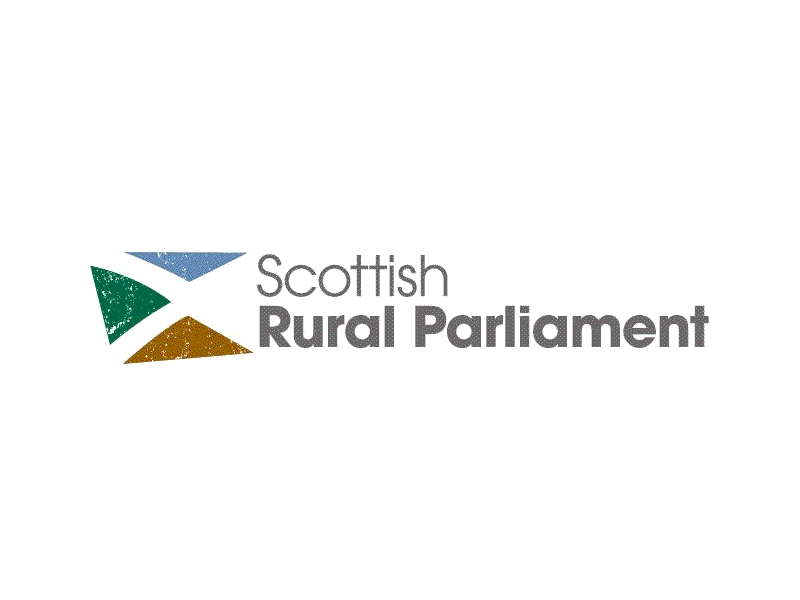Setting the agenda for Scotland’s first Rural Parliament Views from Dumfries & Galloway sought for Scotland’s first Rural Parliament!
People who live and work in rural Scotland are this week being invited to set the agenda for Scotland’s first Rural Parliament, which will take place in Oban, Argyll & the Islands in November this year.
Scottish Rural Action, the body that is organising the Rural Parliament, is inviting everyone with an interest in rural issues to contribute their ideas for the themes that should be debated at the event, and the challenges and practical solutions that the Parliament should be addressing.
Research on rural issues indicates ten topics which may be considered priorities, including transport, broadband, housing, deliveries, community confidence and changing populations. The big question is, which of these do you think are the most important for the Scottish Rural Parliament to consider? You can submit your answers using the online survey: https://www.surveymonkey.com/s/scottishruralparliament
There will be opportunities for people to contribute to the debates on these topics between now and November with a regular Twitter debate and chances to nominate a project for or even to win the new Rural Innovators Award. Watch out too for local events coming up soon.
Welcoming the launch, Cabinet Secretary Richard Lochhead, said:
“Rural Parliaments work well in other European countries, giving our rural communities and businesses a stronger voice in policy making and an opportunity to celebrate all that is good about living and working in rural areas. I would urge everyone across rural Scotland to take advantage of the opportunity to be involved in shaping the agenda and themes of our nation’s very first Rural Parliament and make it a success.”
Announcing the launch of the Rural Parliament engagement strategy, John Hutchison, Chair of Scottish Rural Action, said:
“We have been building our network over the past few months and now we want the rural community to set the agenda for the first Rural Parliament at Oban in November. We need to find the main themes that will form the debate and lead to practical solutions for rural problems. We welcome the commitment of the Scottish Government to be listening and willing to receive our manifesto.”
Outlining the plans, Scottish Rural Parliament Coordinator, Emma Cooper said:
“As well as writing to the community groups and community councils that have registered with us, we will liaise directly with national bodies with a rural membership. Social media will be important and people can connect with us on Facebook and Twitter. We will run monthly discussions on Twitter and highlight innovative projects through our monthly award. Award winners receive a free place at the Rural Parliament event where they can spread the word about their project. We are setting up a long-term project here. Rural parliaments normally meet every two years, but the process between each is just as important.”
A Rural Parliament is not a formal part of government, nor is it a parliament in the sense of a legislative or decision-making body. It is a ‘bottom-up’ process of involvement and debate between the people of rural Scotland and policy makers to enable better understanding, improved policy and action to address rural issues. Many countries in Europe have Rural Parliaments and the Scottish Government is encouraging Scotland’s rural community to follow suit.
People who want to find out more and to register an interest in the Rural Parliament, can go to the website at www.scottishruralparliament.org.uk





